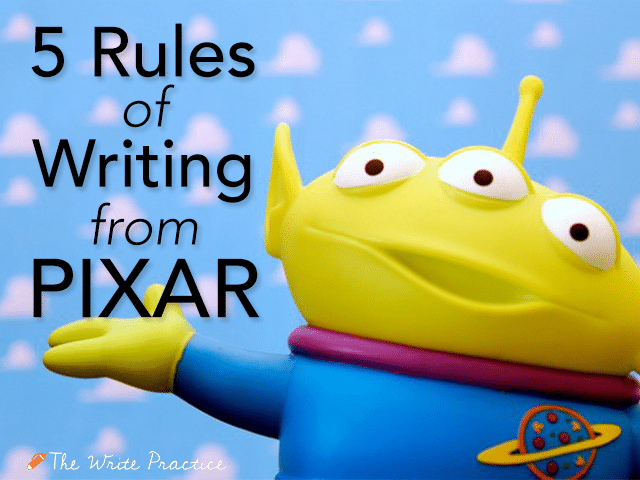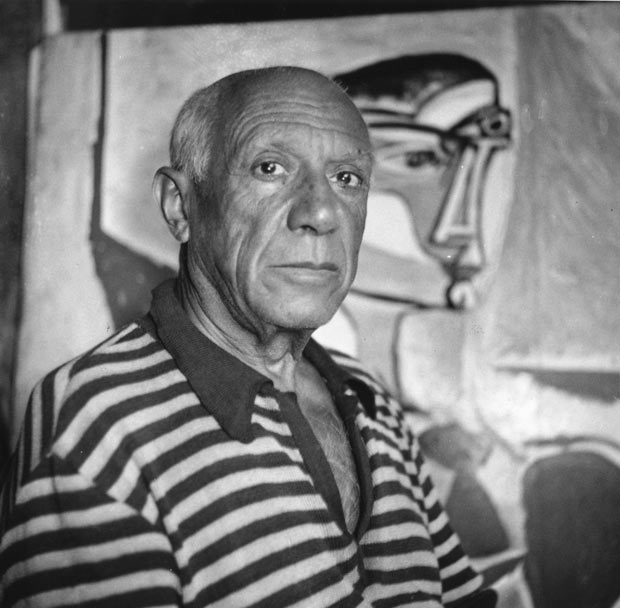
by The Magic Violinist |
I love Pixar. There hasn’t been one movie they made that I didn’t like. My family goes to see the new Pixar movie every summer right after it comes out. So when I saw this picture on Pinterest sharing Pixar’s twenty-two rules of storytelling, I saved the picture right away. I go back to it constantly for inspiration, and I thought I’d share a few of my favorite rules with you. Here are my five favorites.

by Joe Bunting |
If you’re like me, one of the main reasons you read is to receive an emotional transference from the author. You love books that don’t just make you think, that don’t just entertain, but that make you feel something.
It’s the magic of reading: that an author can arrange a series of letters in a certain order and that these letters can affect our emotions.
As a writer, how do you develop mood in a short story or in the chapter of your novel without telling? Is it possible to build up emotional language without saying what the emotion is? In other words, can you make people feel something without writing like Stefenie Meyer or E.L. James?

by Monica M. Clark |
Recently I started a new (day) job. I was really excited, so in anticipation of the new position, I read The First 90 Days by Michael Watkins. The book basically outlines a set of strategies to ensure the reader is on the track to success from day one.
I read it, and I realized—despite its corporate/management focus, some of these tips are applicable to writing projects as well!

by Liz Bureman |
A couple of years ago, I read Stieg Larsson’s Millennium trilogy. You know, the Girl with the Dragon Tattoo series. Well, truthfully, I didn’t exactly read the trilogy. I read the first two books and ditched the third after about fifty pages. In this post, let’s talk about what that third book got so wrong.

by Joe Bunting |
“Art is not the application of a canon of beauty but what the instinct and the brain can conceive beyond any canon. When we love a woman we don’t start measuring her limbs.”

by Joe Bunting |
“The only requirement,” to be a writer, said Stephen King, “is the ability to remember every scar.”
I have a few scars (and you do, too). There’s that girl in the eighth grade, my father’s illness in the seventh, and there was that boy earlier than that who told me to shut up every time I spoke to him.
When did I learn to fear my voice?








